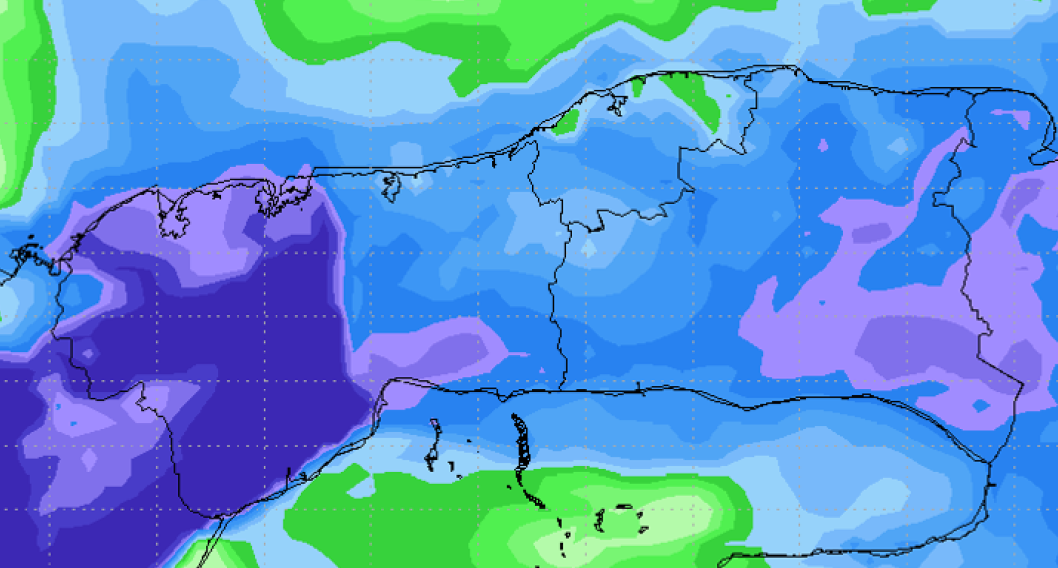Data Assimilation Impact on Fog/Haze Forecast Applied to the Short-Range Forecast System
Abstract
During the early morning of January 4th, 2019, a dense fog episode occurred over the western region of Cuba, which affected areas of socioeconomic importance. This research studies three data assimilation methods; 3DVAR and two hybrid variants, 3DEnVAR and ETKF-3DVAR, applied to the 00:00 UTC initialization of the WRF model. The way of obtaining the first guess and the flow-dependent perturbations used in the hybrid schemes is modified. Data in prepbufr and radiance formats are assimilated, analyzing the impact of each type of data on assimilation and forecasting. The results obtained indicate that, although all the assimilation techniques studied lead to improved forecasting in the short and very short term, the combination of the 3DVAR method and the data content in prepbufr format is the one that offers the best results.


This work is licensed under a Creative Commons Attribution-NonCommercial 4.0 International License.
This work is licensed under the Creative Commons Attribution-NonCommercial 4.0 International (CC BY-NC 4.0) license.








